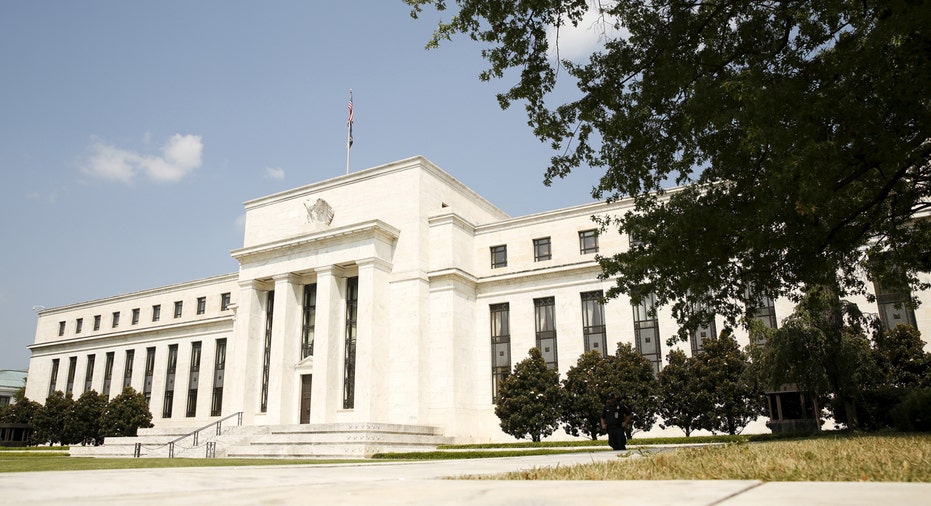Fed Speeches Point Toward December Rate Hike

With the countdown to “liftoff” now at just two weeks, Federal Reserve officials are signaling all systems are go for the first rate hike in nearly a decade.
“There are two weeks to go, with additional data to arrive. That said, absent information that drastically changes the economic picture and outlook, I feel the case for liftoff is compelling,” Atlanta Fed President Dennis Lockhart said Wednesday.
Fed Chair Janet Yellen, speaking later Wednesday, broadly reinforced that message without getting too specific.
In prepared remarks during a speech in Washington, DC, Yellen reiterated her oft-stated position that the recent economic data suggests the U.S. economy has healed enough to absorb higher interest rates. Further, she added, keeping rates at their current low levels poses a number of large risks, she said.
The policy-setting Federal Open Markets Committee (FOMC) meets on Dec.15-16 and will in all likelihood vote to raise short-term interest rates (known as the fed funds rate) by 0.25% off of the near-zero level where they’ve been held since December 2008.
Lockhart, in prepared remarks during a speech in Fort Lauderdale, Fla., described the meeting as “much-anticipated” and potentially “historic in character.”
Lockhart said the economy appears to be closing in on achieving the two conditions for raising rates established by the FOMC earlier this year: “further improvement” in labor markets, and “reasonable confidence” that inflation is moving higher toward the Fed’s 2% target.
The October jobs report surely helped push momentum toward a December liftoff, revealing a much-larger-than expected 271,000 new jobs and a headline unemployment rate of 5%, the lowest in eight years.
Average hourly wages in October also showed signs of strengthening, an important turnaround for a key economic indicator that has vexed Fed economists for more than a year.
“In my opinion, the Committee’s criterion of ‘further improvement in labor markets’ has been met,” Lockhart said. “And further ‘further improvement’ is certainly attainable.”
Lockhart said he’s leery of reading too much into the October jobs numbers, but that as the economy moves toward “full employment,” labor markets will continue to tighten and wages should move higher.
The November jobs report, due out Friday, will be closely watched for further signs of job and wage growth momentum.
Yellen, in her speech at the Economic Club of Washington, echoed many of the same points: labor markets are strengthening, which should push wages higher and eventually lift inflation toward the Fed’s target.
Yellen, without citing the December meeting specifically, also made a case for raising rates sooner rather than later.
If the Fed leaves rates too low for too long and inflation starts to rise too quickly, the Fed would be forced to “abruptly” raise rates to offset the sharp increase in prices. “Such an abrupt tightening would risk disrupting financial markets and perhaps even inadvertently push the economy into recession,” she said.
Yellen said one of the biggest risks posed by holding the fed funds rate at its current level for too long is that it “encourages excessive risk-taking and thus undermine(s) financial stability.”
Critics and economists wary of the Fed’s low-interest rate policy have said low rates have fueled a bubble in stocks and bonds that could burst if the economy stalls. What's more, they've questioned whether seven years of low rates helped average Americans recover from the 2008 financial crisis.
On the other hand, many of those same critics argued years ago that low interest rates would eventually lead to runaway inflation, and that hasn’t been the case at all.



















